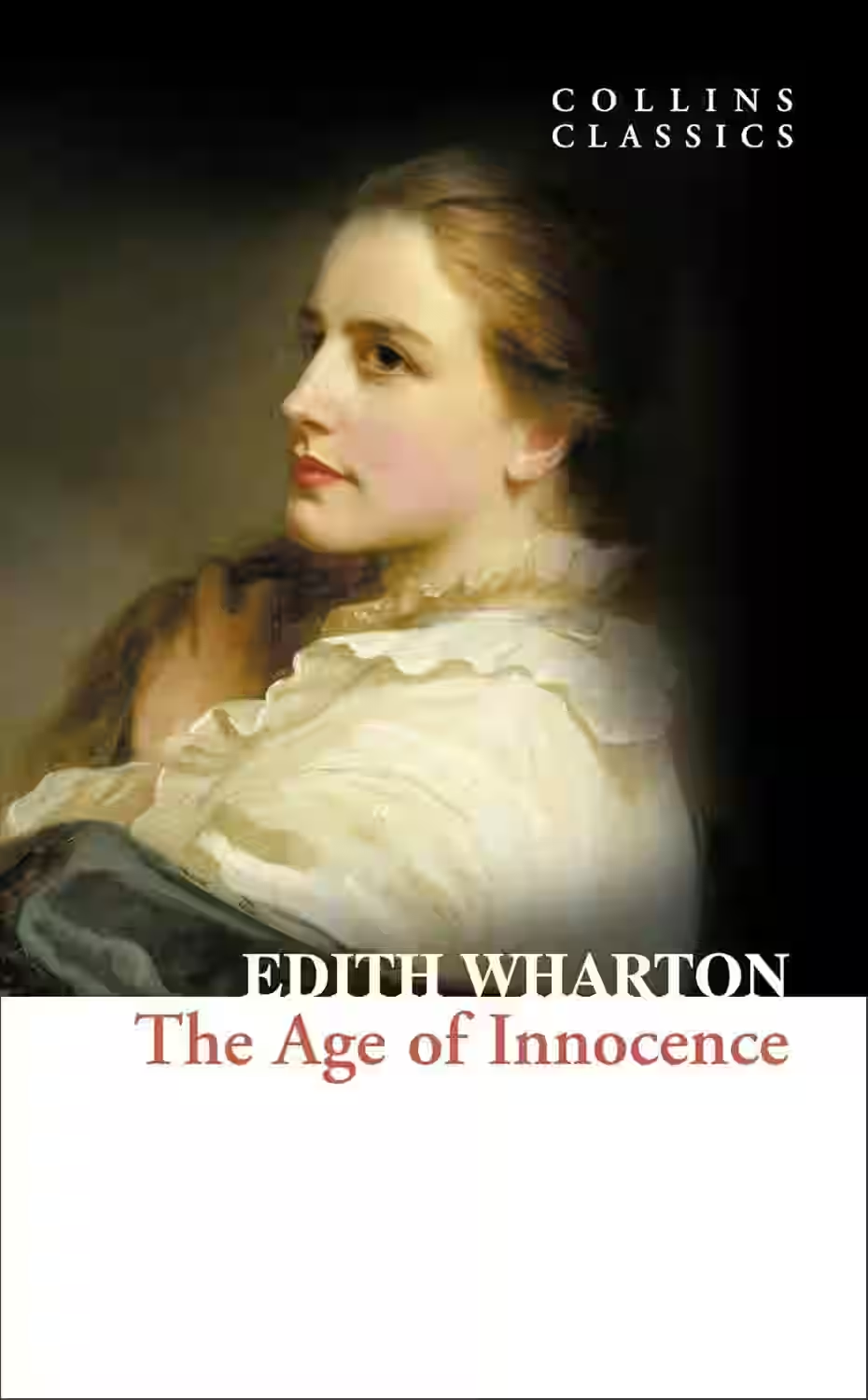
Edith Wharton’s "The Age of Innocence" is a profoundly evocative tale set against the opulent backdrop of 1870s New York high society. It explores the intricate social codes and the suffocating expectations that govern the lives of its characters. At the heart of the story is Newland Archer, a privileged lawyer, who is torn between his societal obligations and genuine passion when he becomes enamored with the unconventional Countess Ellen Olenska. Through its masterful portrayal of a society on the brink of transformation, Wharton critiques the rigidity of social norms while examining themes of duty, desire, and the price of true happiness. As the first woman to win the Pulitzer Prize for Fiction, Wharton’s nuanced narrative captivates with its wit, irony, and introspection, leaving readers to ponder the delicate balance between societal expectations and personal fulfillment.
About Edith Wharton
An American novelist, short story writer, and designer, famous for her sharp social commentary and meticulously crafted narratives that often depicted the manners and morals of the late 19th and early 20th-century American aristocracy. Her Pulitzer Prize-winning novel, The Age of Innocence, and The House of Mirth, critically examined societal constraints, class distinctions, and the limited roles available to women. Wharton's elegant prose and incisive observations offer a revealing look at a bygone era.
Other Books by Edith Wharton
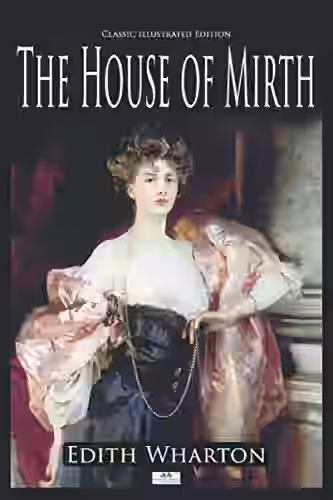
The House of Mirth
Edith Wharton’s The House of Mirth portrays the downfall of Lily Bart, a beautiful and intelligent woman navigating New York’s high society at the turn of the 20th century. Torn between love, independence, and societal expectations, Lily’s refusal to compromise leads to social isolation and personal ruin. The novel critiques the rigid class structure, gender roles, and materialism of Gilded Age America. With elegant prose and psychological insight, Wharton delivers a tragic portrait of a woman trapped by her environment.
Similar Books

North and South
Elizabeth Gaskell’s North and South follows Margaret Hale, who moves from rural southern England to the industrial northern town of Milton. There, she witnesses class struggles, factory life, and the tensions between labor and capital. As she clashes with and ultimately grows to respect mill owner John Thornton, the novel blends social commentary with a slow-burning romance. It explores issues of gender, class, and morality with empathy and nuance, offering a compelling portrait of industrial Britain during the Victorian era.
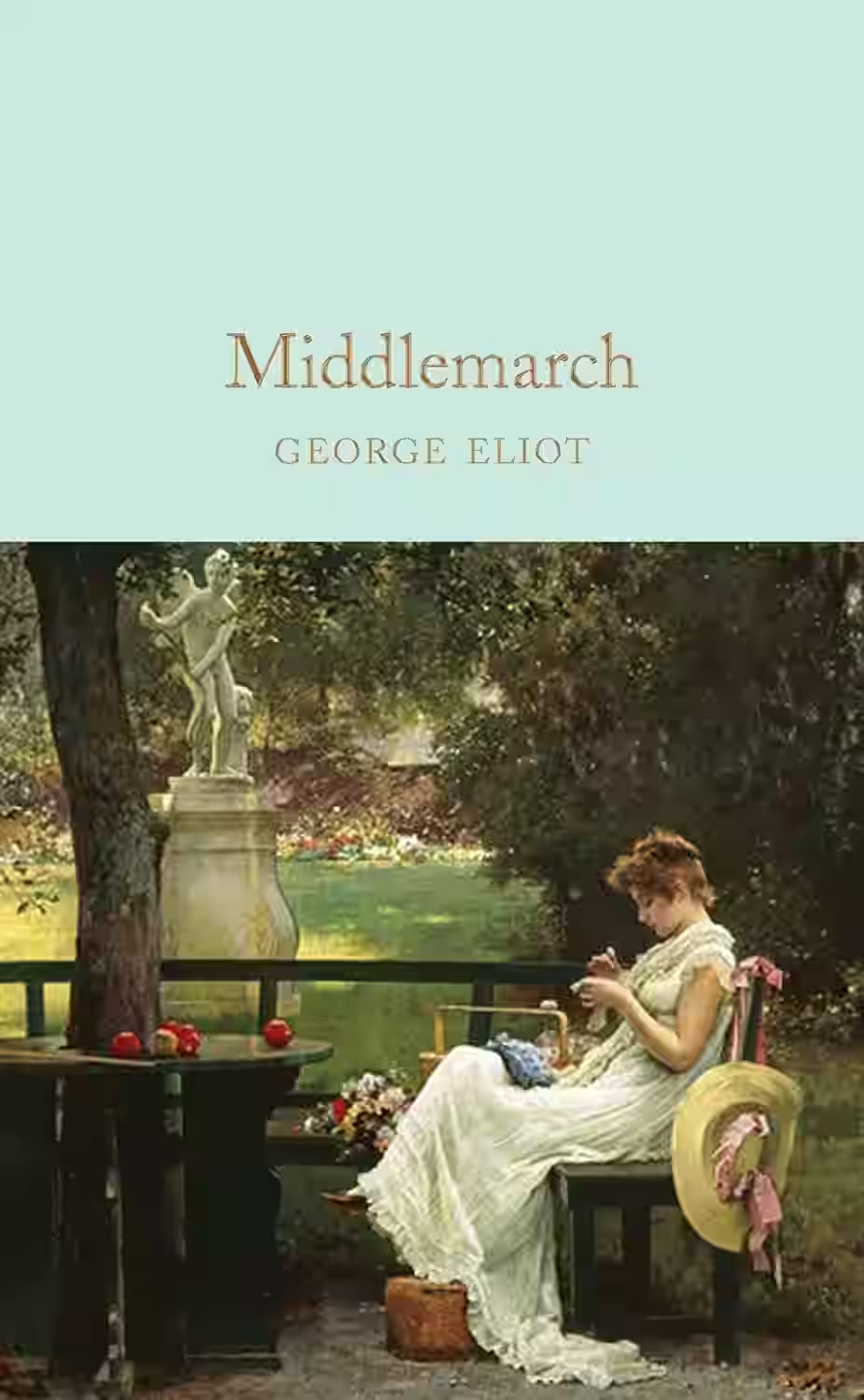
Middlemarch
by George Eliot
George Eliot’s Middlemarch is a deeply layered novel exploring the lives of residents in a fictional English town during the early 19th century. It centers on Dorothea Brooke, an idealistic woman seeking intellectual and spiritual fulfillment, and Tertius Lydgate, a reform-minded doctor. The novel examines marriage, ambition, politics, and the limitations of social convention. Renowned for its psychological realism and philosophical depth, Middlemarch is often hailed as one of the greatest English novels, offering a rich portrait of provincial life and moral complexity.
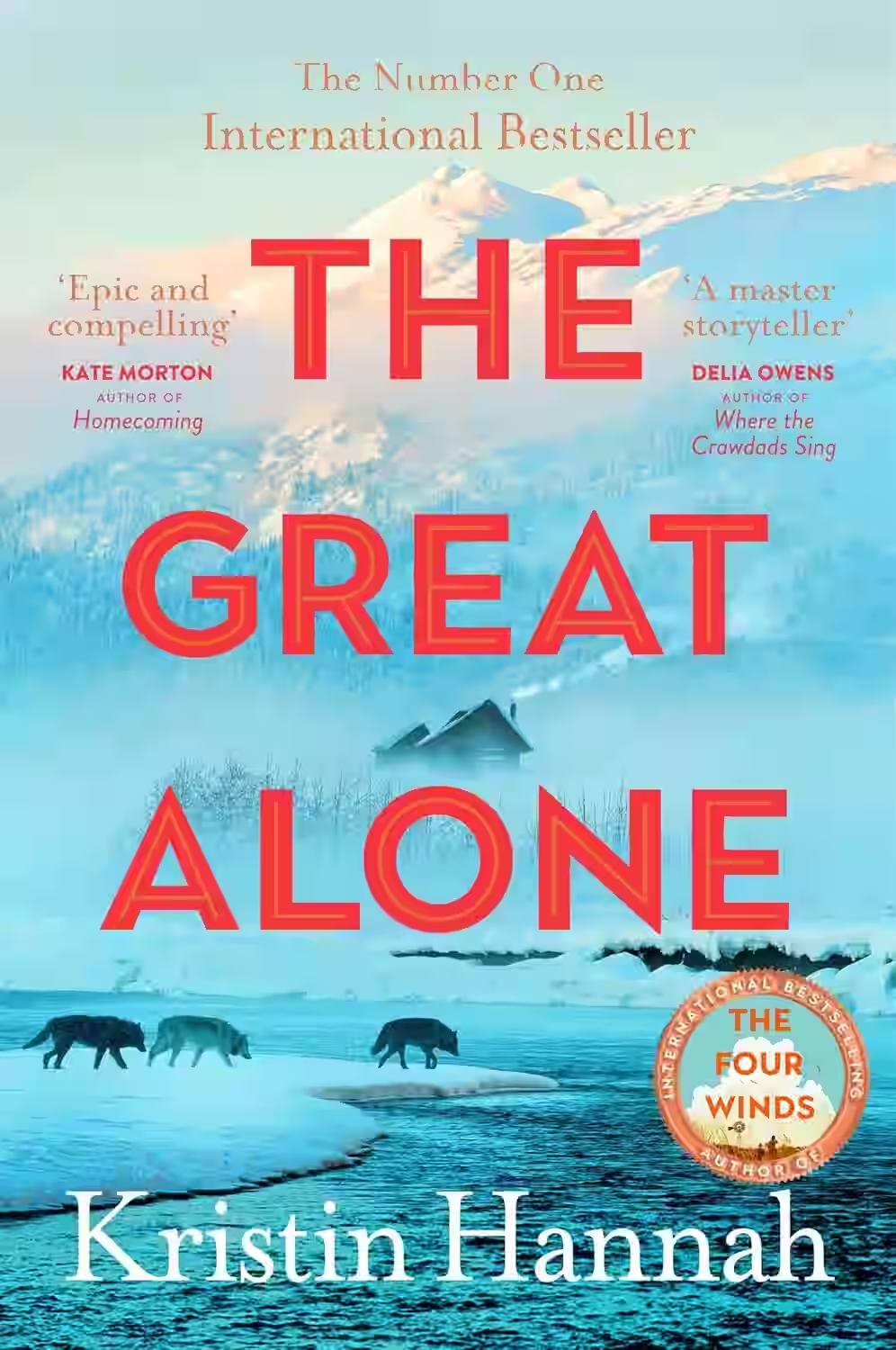
The Great Alone
In Kristin Hannah's 'The Great Alone,' readers are transported to the wild and rugged landscapes of Alaska, where the Allbright family seeks a fresh start away from the troubles of the past. The novel delves into themes of survival, resilience, and the transformative power of nature. As Leni, the teenage protagonist, navigates love, loss, and the harsh Alaskan wilderness, her coming-of-age story is both heart-wrenching and inspiring. The author skillfully weaves a tale of family dynamics, emotional turmoil, and the relentless beauty of the untamed frontier. 'The Great Alone' is a gripping and poignant exploration of the human spirit against the backdrop of nature's raw magnificence.
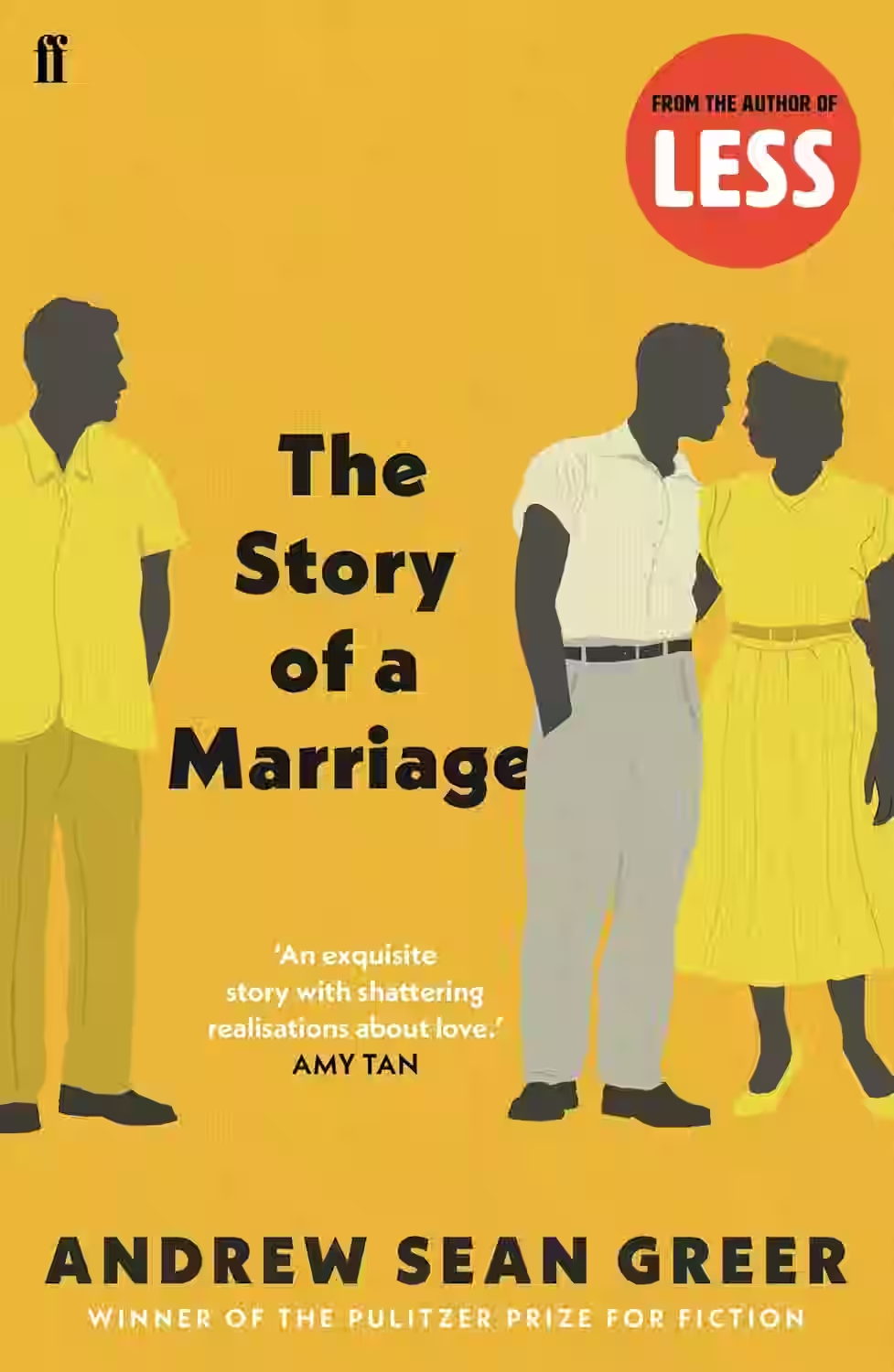
The Story of a Marriage
Set against the backdrop of 1950s San Francisco, 'The Story of a Marriage' by Andrew Sean Greer intricately weaves a narrative exploring the complexities of love, trust, and the pursuit of happiness. The novel is centered around Pearlie Cook, a quiet and dutiful wife managing a fragile domestic life. As secrets unravel, Pearlie is faced with choices that challenge her understanding of fidelity and truth in her marriage. Greer masterfully crafts a poignant exploration of personal and societal expectations, as well as the sacrifices made for love. The story's emotional depth, combined with Greer's evocative prose, makes it a compelling read that resonates with timeless themes of human connection and resilience.